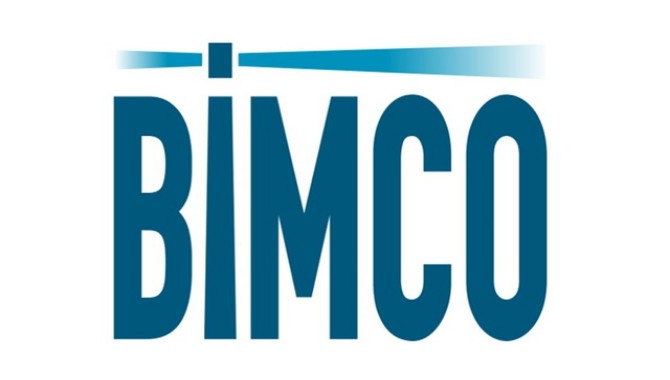
BIMCO: Dry Bulk Market to Take a Hit from China’s 34% Tariffs on US Goods
LONDON : BIMCO expects to take a hit from China’s response to the US earlier slap of new tariffs.
Chief Shipping Analyst, Niels Rasmussen, on the 34% tariffs on US goods announced by China on Friday: “On Friday, China announced a tariff increase of 34% on all US imports, in retaliation to the new tariffs announced by US President Donald Trump. These are in addition to tariffs implemented in February and March, focusing on goods such as grains, coal, LNG and crude oil.”
“In 2024, China was the third largest importer of US exports (measured by value), accounting for 7% of US exports. Chemicals, computer & electronic products, agricultural products, transportation equipment and oil & gas made up 18%, 14%, 13%, 13% and 9% of the value of US exports to China.”
“We expect that these will negatively impact trade between both economies and hurt their economic growth. The US agricultural sector is expected to be significantly impacted, as it exported USD 18.2 billion worth of goods to China, or equivalent to 23% of US exports.”
“We expect the dry bulk market to be negatively impacted by these tariffs, affecting primarily the panamax and supramax segments. In terms of volume, grains, coal and petcoke are the largest exported commodities. As these cargoes become comparatively more expensive, China will likely boost imports from other trade partners, such as Brazil, Ukraine, Indonesia, Russia, Australia and Mongolia. Conversely, US exporters may seek alternative markets for their goods.”
“The tanker trade may not be greatly impacted by these tariff increases. China can turn to OPEC and Brazil to replace the oil so far bought in the US and the US should also be able to find other willing buyers.”
“There is naturally a risk that the compound effect of all recent tariff increases will cause economic activity to slow and we may therefore see negative impacts that stretch beyond those caused directly the tariff increases.”

